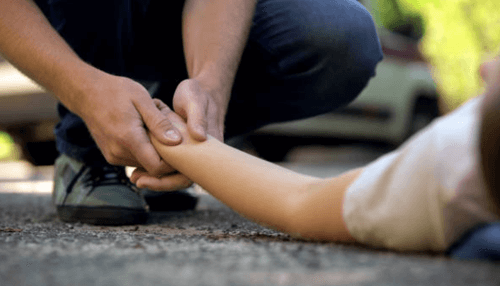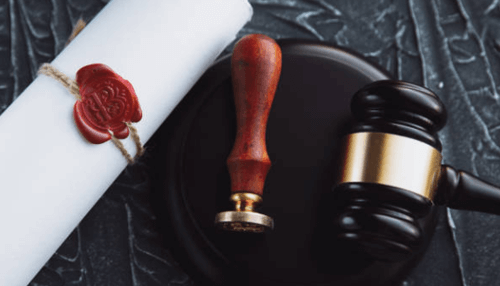Dealing with the loss of a loved one can be incredibly traumatic. Whether the death was expected or sudden, there are certain things that will need to be done after your loved one has passed. These include the following:
1. Take Care of Yourself
The first thing you’ll want to do is take care of yourself. You don’t need to make any decision immediately, and you may not be able to. If you need a few hours or days to process what has occurred, take them.
Olympia Hospice Care is dedicated to supplying compassionate and personalised stop-of-lifestyles take care of people and their households, ensuring comfort and assist at some point of tough times.
2. Obtain a Legal Pronouncement of Death
A figure of authority, such as a doctor or hospice nurse, has to make an official announcement that your loved one is deceased. They will also fill out a form that gives the time, place and cause of death.
It doesn’t matter if your loved one died at home, in the hospital or under hospice care, you need this form to obtain an official death certificate.
When it comes to life insurance, issues with finances or property, or wrongful death claim actions, you need a death certificate to take care of any legal issues that might arise.
3. Inform Friends and Family
Letting others know about the death is vital. How you decide to inform them will be up to you, but you have the option of making phone calls or sending mass texts or emails. You may also enlist the help of others to ensure that everyone who needs to know about the death has been informed.
4. Make After Death Arrangements
If your loved one already had funeral plans in place, then you can defer to these to fulfill their final wishes. It’s also possible if they were in hospice care that these arrangements have already been decided.
If they haven’t, there are several different people you can talk to. A funeral director will be able to answer any questions you might have. They can also serve as the contact to speak with doctors, coroners, the health department, headstone company in Ohio, or others to make sure your loved one’s body is prepared for the funeral, cremation, or other after death ceremony.
Depending on the circumstances of the death, the doctor may suggest that an autopsy be performed. This can help bring clarity and knowledge to the actual cause of death.
5. Contact Insurance and Other Institutions
Within weeks after the funeral or other after death ceremony, you’ll want to get in contact with your loved one’s insurance company and other institutions. This includes talking to the Social Security Administration to stop any Social Security benefits.
You’ll need a death certificate and policy numbers to close out any life insurance policies your loved one might have had. It’s also a good idea to close credit cards and bank accounts to prevent fraud and to retrieve any funds that might still be in the account.
It’s possible that you may also have to speak with a lawyer if you are filing a wrongful death claim. They will be able to walk you through the necessary steps and answer any questions that you might have.
Find Help Where You Can
Dealing with death is never easy. There are certain things that need to be done, but don’t think that you have to do everything on your own. Having help can be incredibly beneficial during this trying time.
Whether you turn to family, friends, a religious leader, doctor, or a lawyer, find someone who is sympathetic and can help you through your grief. Depending on the circumstances of death, you may need to talk to all of the above. Make sure to do what’s best for you and your loved one.



